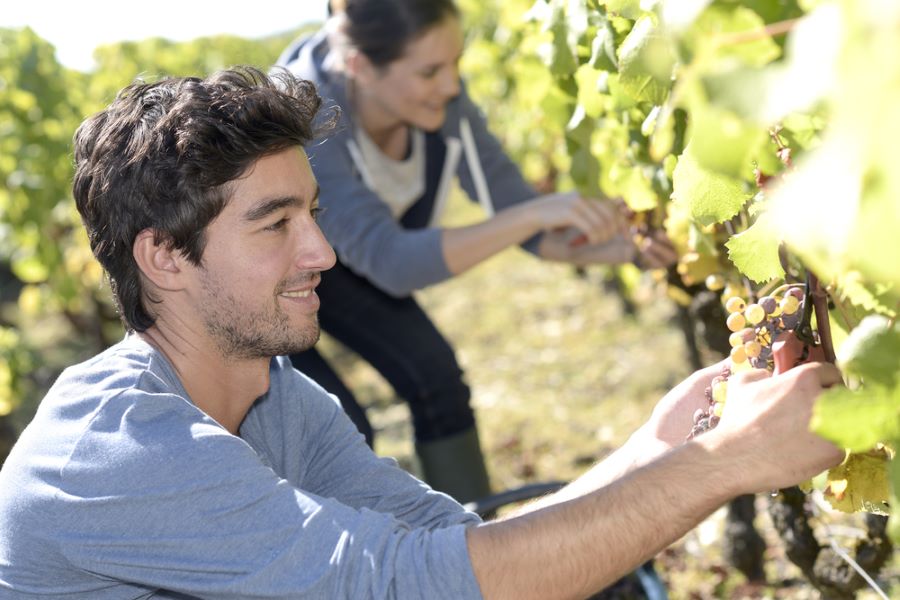The Spanish government wants 200 university students to complete an internship in one of the deserted areas of Spain next academic year. The project aims to promote work in rural areas and keep students in Spain after graduation.
The Campus Rural program is a joint initiative of the Ministry of Universities and the Ministry of Ecological Transition. Bachelor’s and Master’s students who participate in the project do an internship in the countryside for three to five months. They also receive a gross salary of €1,000 per month.
The intention is the students become enthusiastic during the internship and, after their studies, settle in one of the rural areas and start working there. The internships take place in the ‘España vaciada’, ie the municipalities with less than 5000 inhabitants. The government hopes with Campus Rural to get rid of the prejudice that exists about these areas which are threatened with depopulation.
Internships start in February
Students interested in the project may choose the autonomous region where they will carry out the internship. However, it must be different from the one where they study. Before the project starts, rural companies must first send an internship proposal to the universities with the job description and requirements the students must meet. After that, the universities may nominate candidates for the internship to the Campus Rural committee. The selection of the participants in the project should be ready by mid-December. They may then apply for the available internship positions, allocated by mid-February 2022 at the latest. The activities the students will carry out may, but do not have to, fit within the study curriculum.
During the learning period, the participating students must stay in the municipality where they work. In this way they get a real picture of the countryside. The hope is they develop a positive feeling about the area and feel motivated to work there after completing their studies. In this way, the ministries want to attract upcoming talent to rural areas and develop them further.
During the internship, the 200 selected students have a supervisor from their own university and one from the internship company. Each Spanish university can participate in the project for a maximum of two and a half years to ensure as much geographical spread as possible.
Successful examples
The Desafío (Challenge) program of the University of Zaragoza, also known as Erasmus Rural, inspired the Ministry of Universities. In that projct, the municipality sponsors the project with an annual amount of €30,000. Of these, 24 students can undertake internships in areas with less than 3,000 inhabitants. They receive reimbursement for lodging and meals, as well as a salary of €300 per month.
A similar example for the ministries is the UCLM-Rural program of the University of Castile-La Mancha. The successful results of this project are, according to the Spanish government, “an incentive to further develop this model throughout Spain”.


